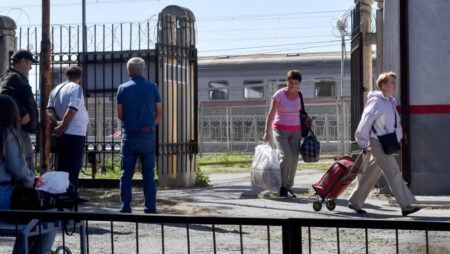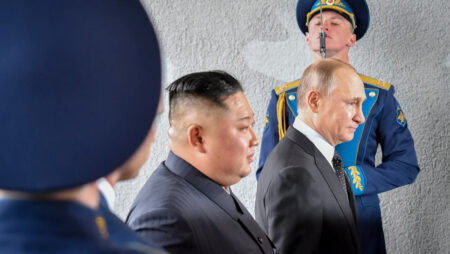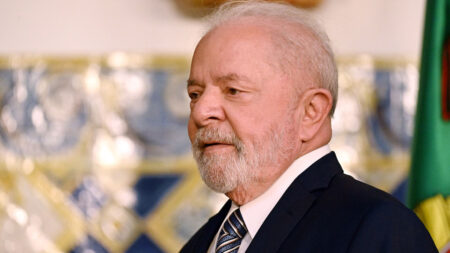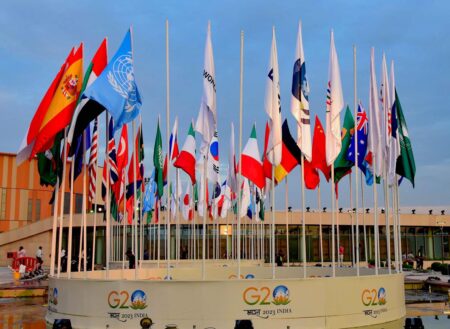The leaders of the Group of Seven have announced that the Russian Central Bank would no longer be able to conduct transactions using gold.
The leaders of Group of Seven imposed restrictions on the Russian Central Bank’s usage of gold in transactions. While the United States issued a fresh wave of sanctions targeting more than 400 Russian elites and State Duma members.
Sanctions on Russian elites, the Central Bank, and President Vladimir Putin have previously had little effect on Russia’s gold reserves. Putin has been building this for many years.
Russia has about $130 billion in gold reserves. The Bank of Russia said on February 28th that it would again start buying gold on the domestic precious metals market.
According to White House officials, the decision would further limit Russia’s ability to utilize its overseas assets. That would limit Russia’s ability to support its economy and finance its war with Ukraine.
Meanwhile, the Biden administration imposed new sanctions. The sanctions are on 48 state-owned military businesses, 328 Duma members, and dozens of Russian elites. The Duma as an entity also got listed in the new sanctions.
The G7 and the European Union also established a new initiative to exchange information and coordinate measures. That would prevent Russia from escaping from the effects of sanctions imposed by Western countries since the February 24th invasion.
Dealers View on US-led Measures to Restrict Russian Gold Transactions
Gold is an ‘untraceable store of wealth’
Sanctions on Russia‘s gold stockpiles would only show how poorly government officials understand gold, revealed Brien Lundin, publisher of Gold Newsletter.Unlike currencies, the beauty of gold is that it is an untraceable store of wealth with no counterparty, he added.
Russia could simply sell gold on the open market in lesser amounts, he added.According to Lundin, China is a ‘keen buyer of gold’ and could readily sell gold in bulk to China without the record of the transaction.
It has alerted the 36 nations that keep large sections of their gold reserves in the hands of the New York Federal Reserve that they should take their gold back as soon as possible, and If that happens, it would ‘create substantial instability in the gold market.’
Since the Federal has trouble obtaining and moving gold stored for other countries, Lundin says. The Federal informed Germany that resettling only a fraction of its assets would take seven years, yet it only took four, he claimed.
Russia is still a major gold player
According to Bullion Vault’s Ash, Russia is the world’s second or third biggest gold miner. Russian gold mines produced more than one out of every four bars carried into London, the global bullion market’s hub. He added that London has already prohibited fresh Russian shipments, as has the CME (CME, -0.75%) in New York.
Given that gold is ‘driven more by emotions than fundamentals,’ the loss of those flows, plus the additional cover from today’s Treasury statement, should help maintain, if not increase, gold prices.
In 2014, Russia got hit with sanctions for annexing Crimea, which didn’t help the market. This current rush of stories fits the overall commodity-market narrative of tighter supply pushing prices up, said Ash.
Edited by Subbuthai Padma
Published by Iram Rizvi












